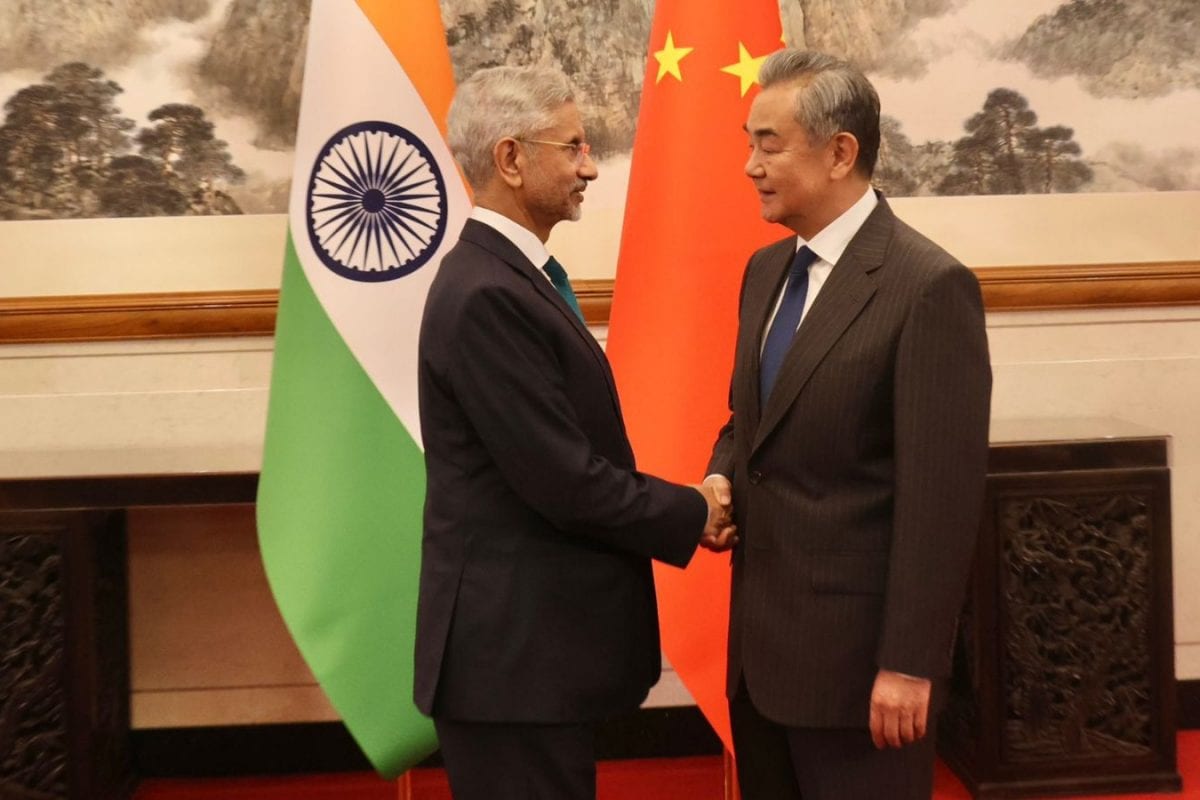

External Affairs Minister S. Jaishankar's recent visit to China, his first in five years since the Galwan Valley clash in 2020, underscores the critical need to address de-escalation along the Line of Actual Control (LAC) and foster a more stable and predictable bilateral relationship. The visit, which included meetings with Chinese Foreign Minister Wang Yi and Vice President Han Zheng, occurred against the backdrop of improving, yet still delicate, relations between the two countries.
Jaishankar emphasized that the resolution of friction along the border is fundamental for building mutual strategic trust and ensuring the smooth development of bilateral relations. He acknowledged the "good progress" made in the past nine months towards normalizing relations, particularly the disengagement from some friction points. However, he stressed that de-escalation, which involves the withdrawal of troops amassed along the LAC, is the next crucial step. Despite the disengagement achieved in October 2024, thousands of troops remain stationed in forward areas, highlighting the necessity for further action.
During his meetings, Jaishankar highlighted that the India-China relationship has been gradually moving in a positive direction since Prime Minister Narendra Modi and Chinese President Xi Jinping met in Kazan in October 2024. He also conveyed India's support for China's SCO presidency. He stressed that the responsibility lies with both countries to maintain this momentum. He also appreciated China's cooperation in resuming the Kailash Manasarovar Yatra after a five-year gap.
Jaishankar also addressed the importance of "normalizing" people-to-people ties and avoiding "restrictive trade measures and roadblocks". China was India's second-largest trading partner in FY2024–25, but India's trade deficit with China has increased. He reiterated that differences should not become disputes, and competition should not turn into conflict. He further noted that stable and constructive ties between India and China are in the interest of the entire world.
The visit also served as a platform to discuss broader geopolitical concerns. Jaishankar emphasized the importance of combating terrorism, separatism, and extremism, particularly within the SCO framework. This emphasis comes in the wake of recent events, including the India-Pakistan conflict and concerns about cross-border terrorism.
While the recent high-level engagements and the resumption of certain bilateral activities signal a positive trajectory, significant challenges remain. The Indian Army remains cautious about the border situation and security risks related to China. Moreover, there are concerns related to China's military support to Pakistan and the China-Pakistan Economic Corridor (CPEC), which passes through Pakistan-occupied Kashmir.
Moving forward, a sustained dialogue and a far-sighted approach are essential to navigate the complexities of the India-China relationship. Both countries need to focus on building mutual respect, mutual interest, and mutual sensitivity. Addressing the outstanding border issues, de-escalating troop deployments, and fostering economic cooperation will be crucial steps in ensuring a stable and predictable path for India-China relations.